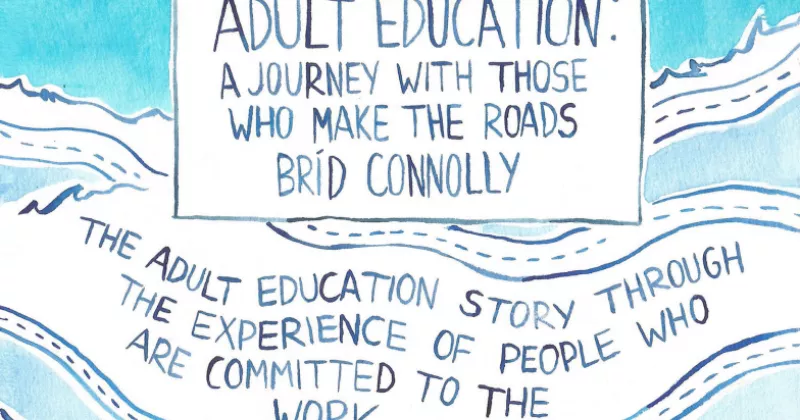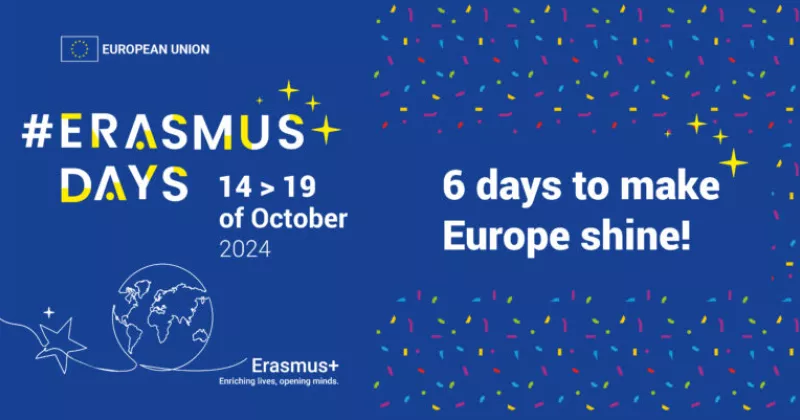Cultural institutions and cultural associations outside the big cities create social cohesion

Cultural education is an important driving force and catalyst for social cohesion and democratic awareness, and in this context it is crucial that citizens in all parts of the country (not just the big cities) have access to cultural offers.
In Denmark, smaller cultural institutions and cultural associations across the country contribute to deeper and better dialogue, stronger democratic dialogue, social inclusion and greater cohesion – through cultural education. Many others within the European perspective on cultural education.
"Culture is one of the things that bring us together. Culture – whether cultural activities or experiences – can get people to meet, create understanding for others, translate important topics, create debate and reach our emotions. In this way, smaller cultural institutions strengthen democratic awareness and social cohesion," says Maria Vandborg, cultural consultant for the Municipality of Ringkøbing-Skjern.
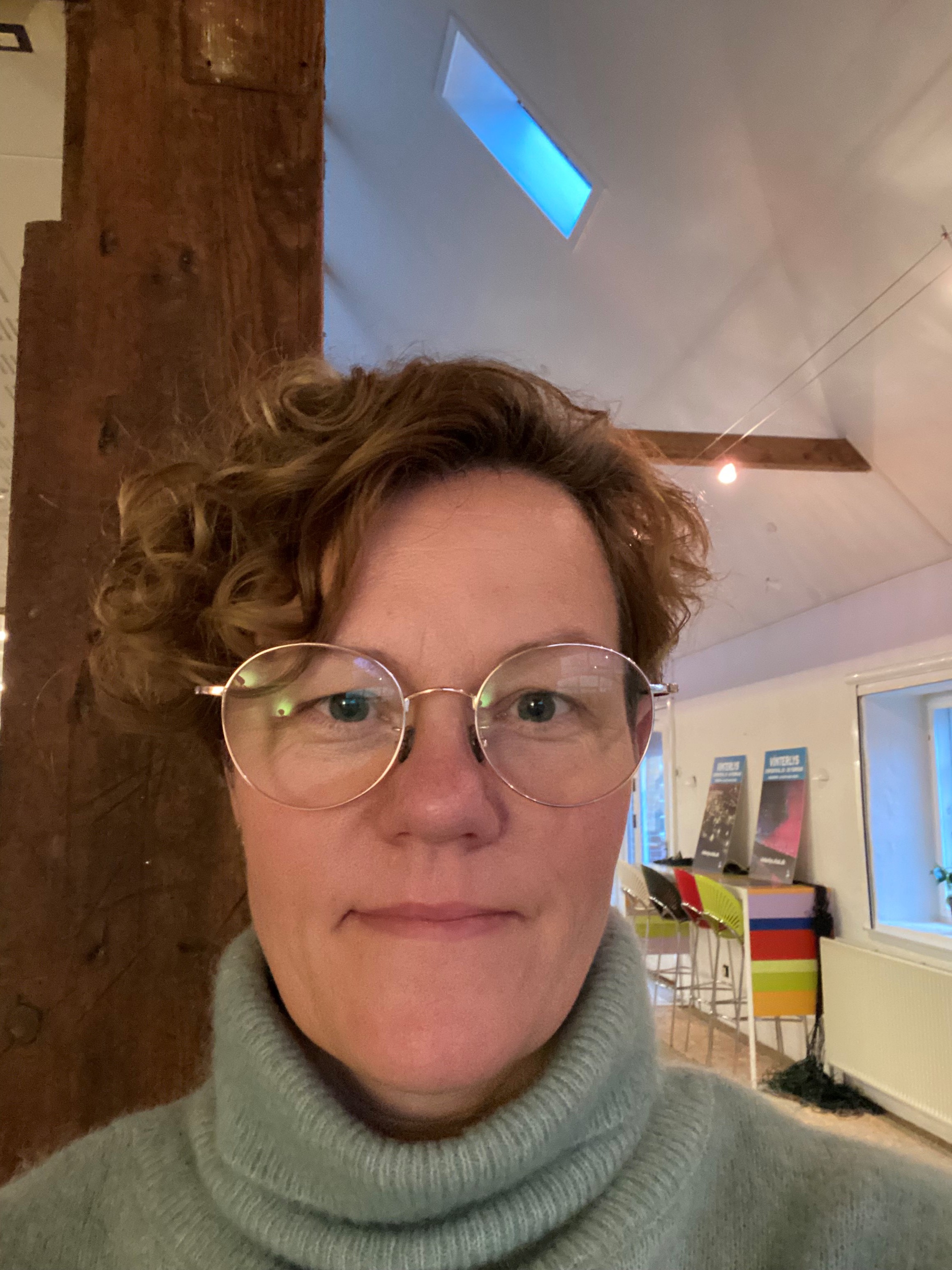
EU partnership project on capacity increase
The Municipality of Ringkøbing-Skjern is heading a major partnership project on capacity increase around culture in rural areas. From September 2020 to the end of 2022, nine partners in Denmark, Serbia, the Netherlands, Ireland and Finland have worked to share knowledge, experience and best practice between cultural institutions, organizations, civil society and the local authorities in each of the areas in the five participating countries.
"We work under some very special conditions within culture and creative environments in rural areas – especially in relation to distances. How do we create cultural meeting places despite greater geographical distance? There is much knowledge and learning out there if we look beyond Denmark's borders," says Maria Vandborg. She continues:
"So with this project, we wanted to create capacity-building with an international outlook, so we can lift our cultural offerings, create more offers and get some ideas on how we can e.g. reach a wider audience – and thus increase both social cohesion and democratic awareness."
This has been an eye-opener for Maria Vandborg, discovering how many challenges are identical for cultural operators in rural areas in the five countries.
"It has been striking, the specific meeting of many operators from four other EU countries has given me a completely different awareness of our many shared experiences, and I feel much more like a European – a cohesion that was not there before."
Networks and specific collaborations
The project has focused on building relationships, sharing experiences and creating skills development. The representatives from the five countries have then been on small study trips to one another's communities.
"The project has given us a huge amount of knowledge, which we are ready to translate into action. We also all live within a European context, so when we presented a light festival in Skjern in February, we have now become a member of an international light festival organization that we did not even know existed," says Maria Vandborg.
In addition to employees from the culture department at the Municipality of Ringkøbing-Skjern, employees from the Ringkøbing-Skjern Culture School have also participated in the project, where a very concrete collaboration has already been created based on the project.
In connection with the study trip to the Netherlands, the cultural school visited the Mear Mei Muzyk institution, where they have a strong focus on music for senior citizens who have never played music. The school in Ringkøbing-Skjern tried this out with a one-day workshop with a visit from two Dutch teachers in November – and hopes to be able to offer a similar course in the spring to expand the target group for the school's cultural offerings.
Cultural associations ensure cultural offers outside the cities
Interfolk – Institute for Civil Society –cooperates with member-based, democratic cultural associations in the sparsely populated areas of Denmark.
According to Director of Interfolk, Hans Jørgen Vodsgaard, there are about 25 000 cultural associations in Denmark, which to a large extent ensure the cultural offers outside the cities. Either by arranging various cultural activities or by providing crucial friends' associations for the local cultural institutions/museums who volunteer with work in ticket sales, cafés, guides etc.
"In Denmark, there are over 100 000 associations in civil society, and the cultural area has the greatest growth both in the number of new associations and members. We currently have more than 25 000 cultural associations in the country, which really make a difference outside the big cities," says Hans Jørgen Vodsgaard.
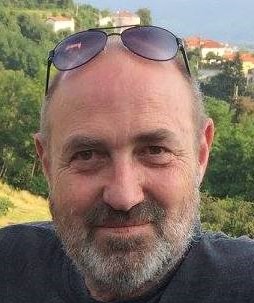
A mobility project on inclusion and participation via culture
Interfolk has just completed a European mobility project on inclusion and participation in culture. The goal was to improve the knowledge and skills of key employees and board members of the participating associations. To organize participatory cultural activities that promote mutual recognition and trust, social inclusion and cultural cohesion in local communities.
In the mobility project, Interfolk organized five study trips to Ireland, Slovenia, Hungary, the Baltic States and Vienna. A total of 32 people participated in the study trips.
"Our study trips were about visiting and hearing about how other related cultural associations develop offers and activities with an added value for social inclusion and democratic values. See what they are doing, exchange experience, gain new knowledge, inspiration and create new contacts for future international cooperation," Hans Jørgen Vodsgaard explained.
Inspiring cross-border meeting
According to Hans Jørgen Vodsgaard, there is a wealth of things occurring abroad that Danish cultural associations can learn a lot from.
"Meeting each other across EU countries is of great value. Seeing each other's strengths and experiencing a common European identity. The participants find out that they have more in common than they thought, and it is very uplifting and inspiring to share experiences across the countries," Hans Jørgen said.
On the study trips to Slovenia and Ireland, it was primarily young leaders and board members from the association Jean Le Fiers Folk and the role-playing association Freiburg LARP who participated.
"In addition to the fact that live role-playing combines theater, storytelling, outdoor life, arts and crafts, it contains a high degree of social inclusion, where many vulnerable children, young people and victims of bullying have the opportunity to retell their identity and experience a new personal recognition," Hans Jørgen said.
A democratic melting pot
The two visits had a programme with different types of role-playing and methods than back home in Denmark, and the Danish group was able to inspire and teach the hosts new approaches, and the participants from the three countries have now started planning joint networking and development projects, Hans Jørgen said.
"Precisely when member-based, democratic cultural associations create something together, a kind of democratic melting pot occurs that is of great importance for democratic awareness and social cohesion. It is a kind of democratic school that contributes greatly to democratic spirit because as equals you create something together," Hans Jørgen said.
Experience Europe from the comfort of your living room
Democracy in Europe Information Association (DEO) works for democracy in Europe and to engage people in EU issues. During the corona lockdowns in 2020, DEO started making online trips which gave participants the opportunity to experience Europe from their living room, as the DEO's physical trips were cancelled due to corona.
What started out of necessity has become a huge success, and so far more than 10 000 people have participated in the online trips to 50 different destinations around Europe. The main focus is on the 27 EU Member States, but also candidate countries and the most interesting neighbouring countries.
"The whole basic idea of our travels – physical as well as online – is that we EU citizens need to know a lot about the EU community we are part of. Not just about politics, but also about history, culture, language and food," said Rasmus Nørlem Sørensen, Head of Secretariat at DEO.
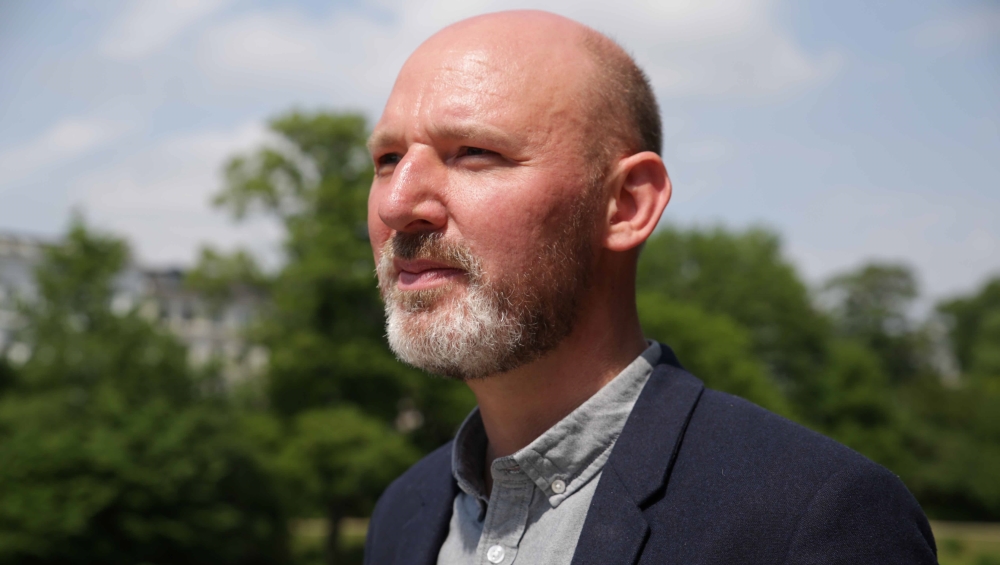
"Because the importance of culture for both democratic awareness and social cohesion is enormous, because by getting a holistic experience of a country – learning about food culture, traditions, music etc. – you get a good impression of a country. You get caught up not just by political issues, but by a sense of a country," he continues.
Social community via online travel
Where online trips initially lasted three days from morning to afternoon, they are now down to three hours, with participants logging on to Zoom via computers from home. Here they can come to the Chopin concert in Warsaw, hear Fado music in Lisbon, attend dance lessons in Sarajevo or try their hand at cooking from all kinds of European cuisines - at home.
"The goal of online travel is to create a social, cultural and societal live experience. A kind of social community, a debating public where you can be from anywhere and where some people notice if you are there. Just like when you go on a trip, the participants come dripping in – half an hour before the 'plane' takes off," Sørensen explained.
The first online trips took place in 2020. In 2021, DEO received a grant from the Velux Foundations – so during 2021 and 2022 they have been able to arrange 40 different online trips. On average, 200 people participate per trip, and the results are good.
"95 percent of the participants responded that the trip has been absolutely perfect or good. 94 percent say they have learned something or a lot, and about 83 percent experienced the online trip as a social event. So the participants experience both a sense of community and that they learn something exciting," Sørensen said.
Greater understanding and respect through holistic visions of EU countries
On all online trips, both a tour leader and a professional tour leader participate, and according to Sørensen, the online trips are aimed at a target group that does not come on physical trips.
"Because of geography, disability, old age, finances or because a physical trip is just too confusing, the online trips have helped to expand our target audience," he said.
This will give even more people the opportunity to get an important overall picture of other EU countries.
"If you haven't been to Poland or Hungary and know the countries' cultures, you might be surprised that the most beautiful palace in Europe is Hungary, and that Poland is, among other things, the birthplace of the world-renowned composer Chopin," he said.
"Most often we think of Poland as a country that has problems with democracy and the rule of law, but Poland is also a country with an old, Renaissance-like high culture and excellent art. So by learning about the culture, you get a broader understanding of our neighbouring countries and why they act the way they do. It is difficult to understand nationalism and patriotism if you do not know the culture and history of the countries," Sørensen pointed out.
Conversely, he also believes that online travel can generate to give greater respect and understanding of Eastern Europe countries which is often missing, and the wealthier countries of EU lure with high wages and thus create a brain-drain in the east, many villages in Eastern Europe are being abandoned.
|
MUNICIPALITY OF RINGKØBING-SKJERN |
|
INTERFOLK In Denmark, the primary partners are: The Cultural Council in Denmark (KSD) and The Voluntary Cultural Council (DFKS). |
| DEO Democracy in Europe Information Association (DEO) is a nationwide educational association that works for democracy in Europe. Founded in 2005, DEO is party-politically neutral and works to engage people in EU issues and seeks to create the framework for a lively and qualified democratic debate. DEO's primary activities are public debate meetings, conferences, three to four annual publications of debate books, teaching, travel and the DEO Think Tank. |


